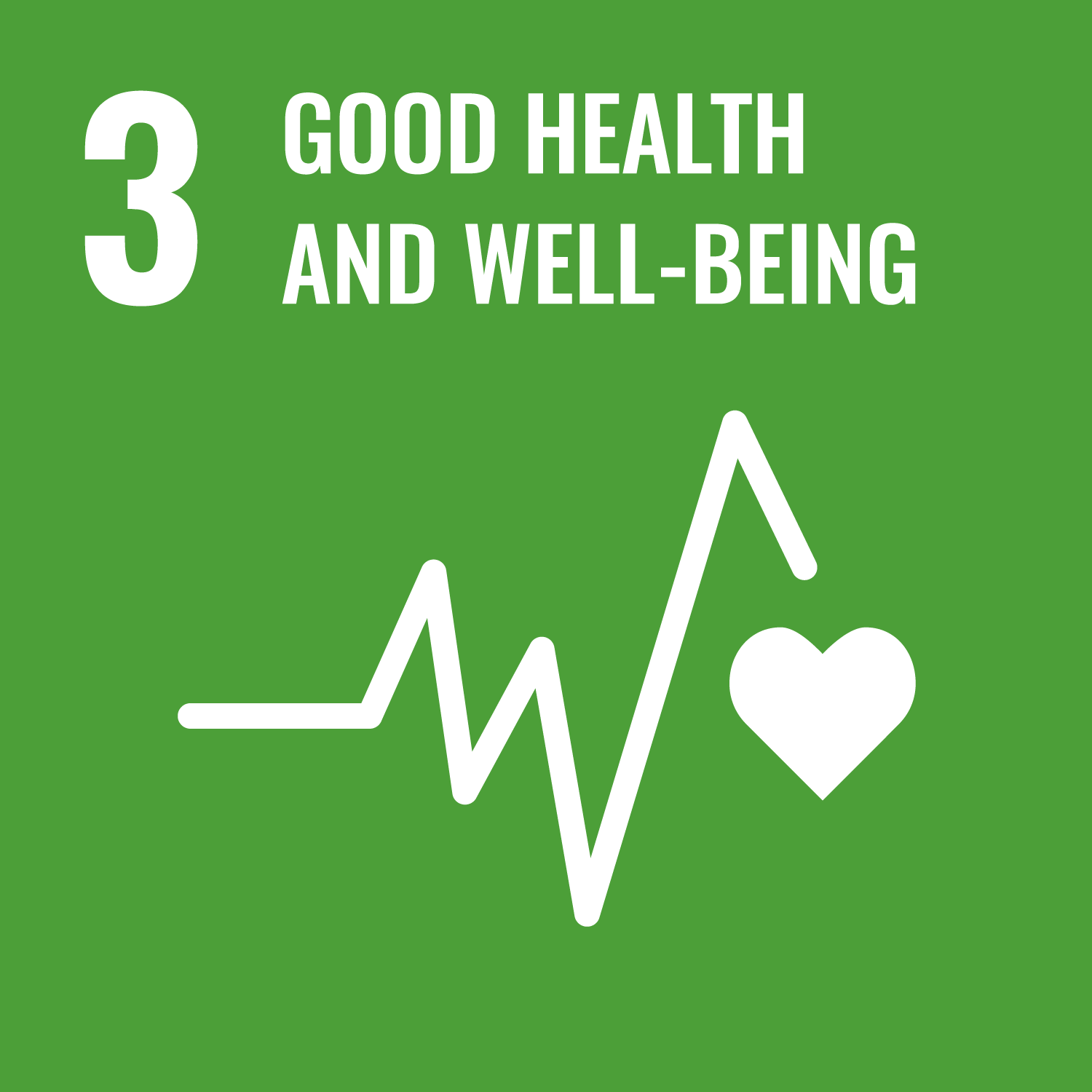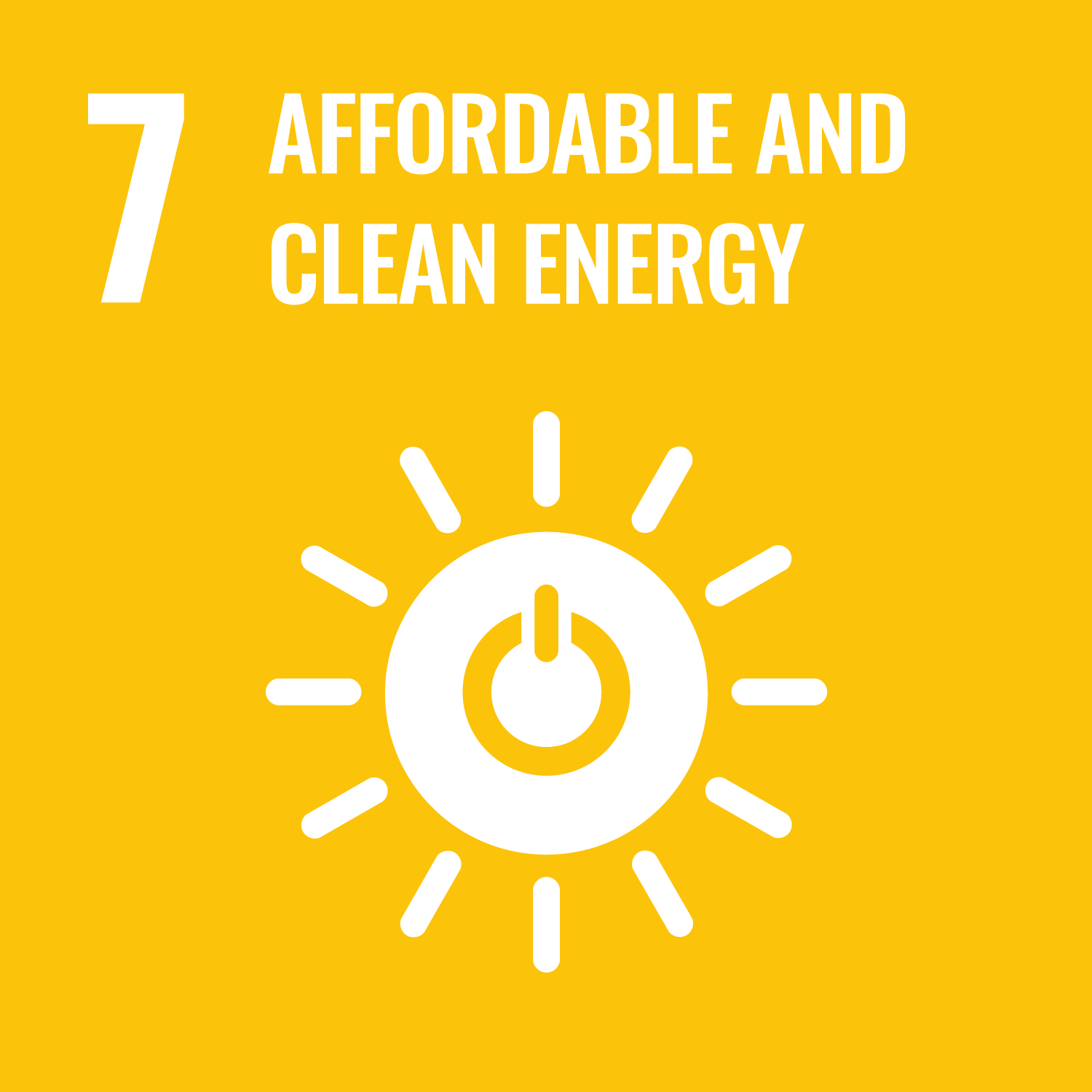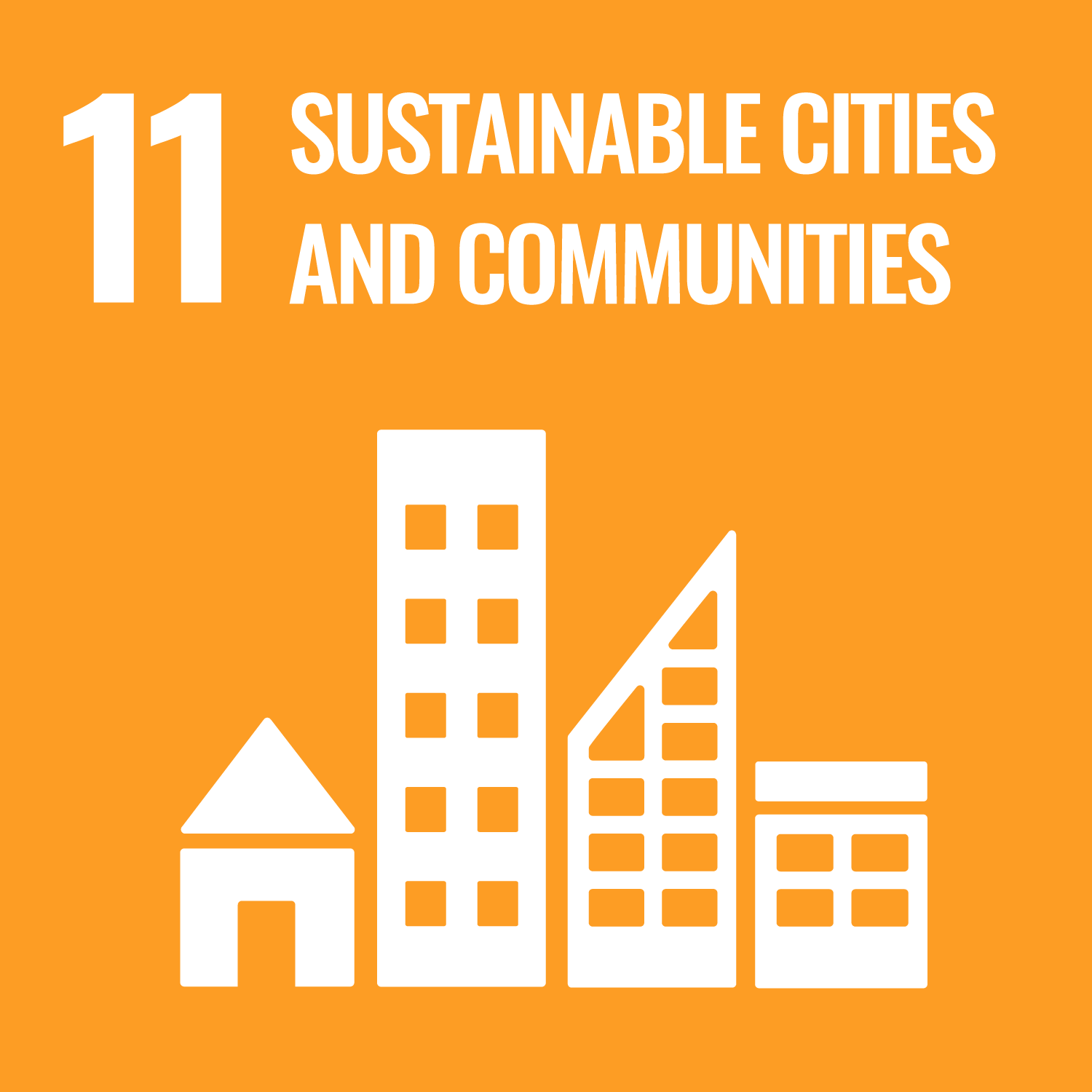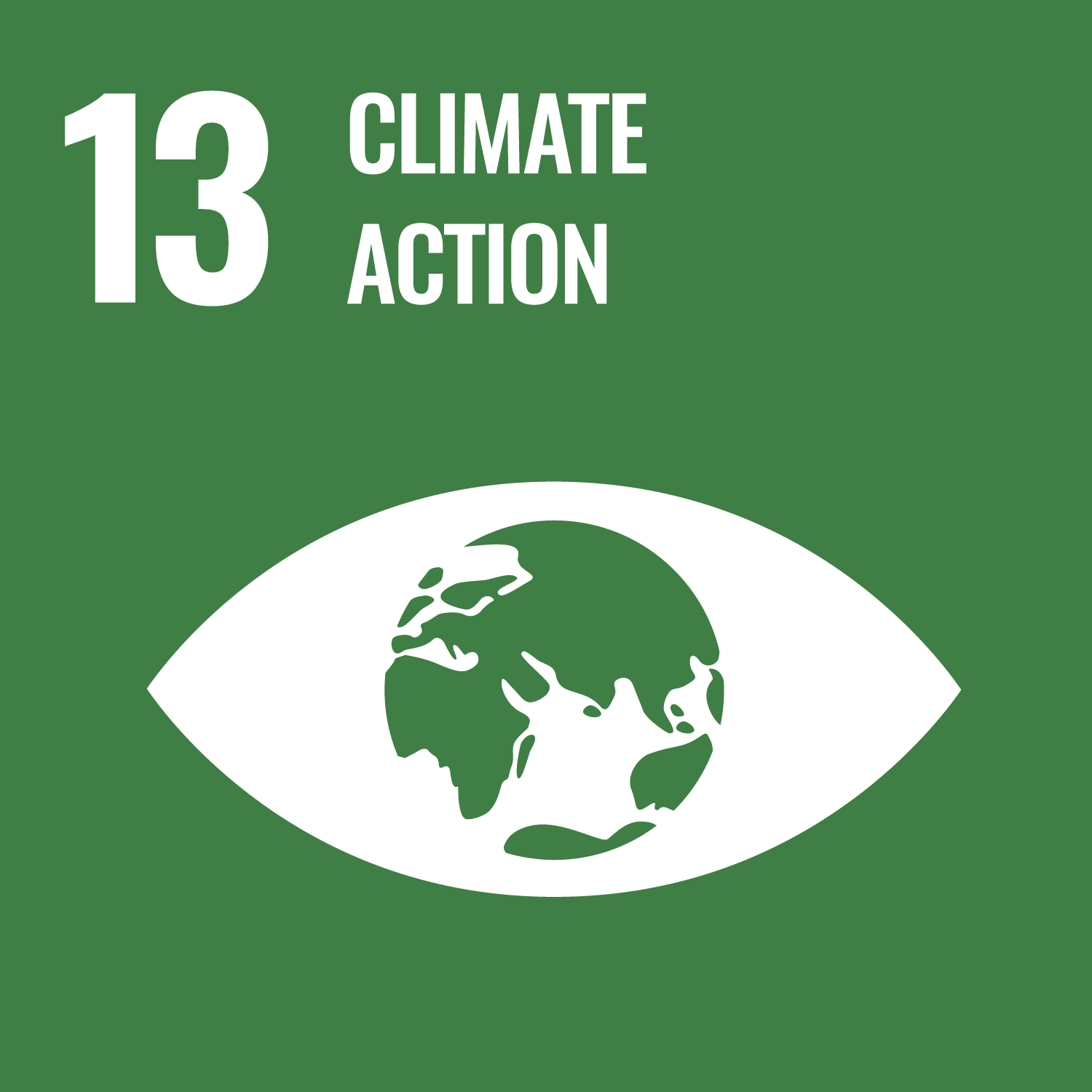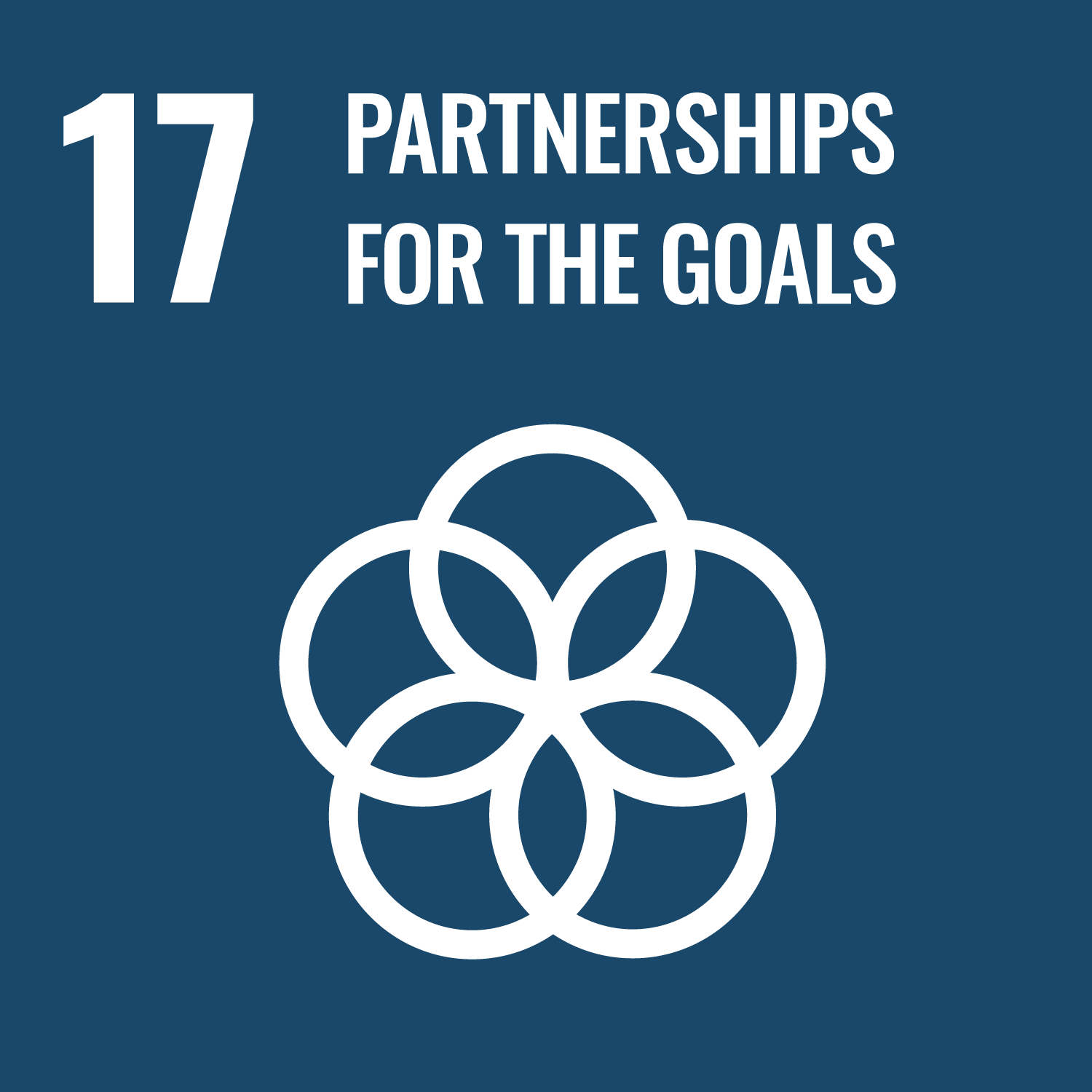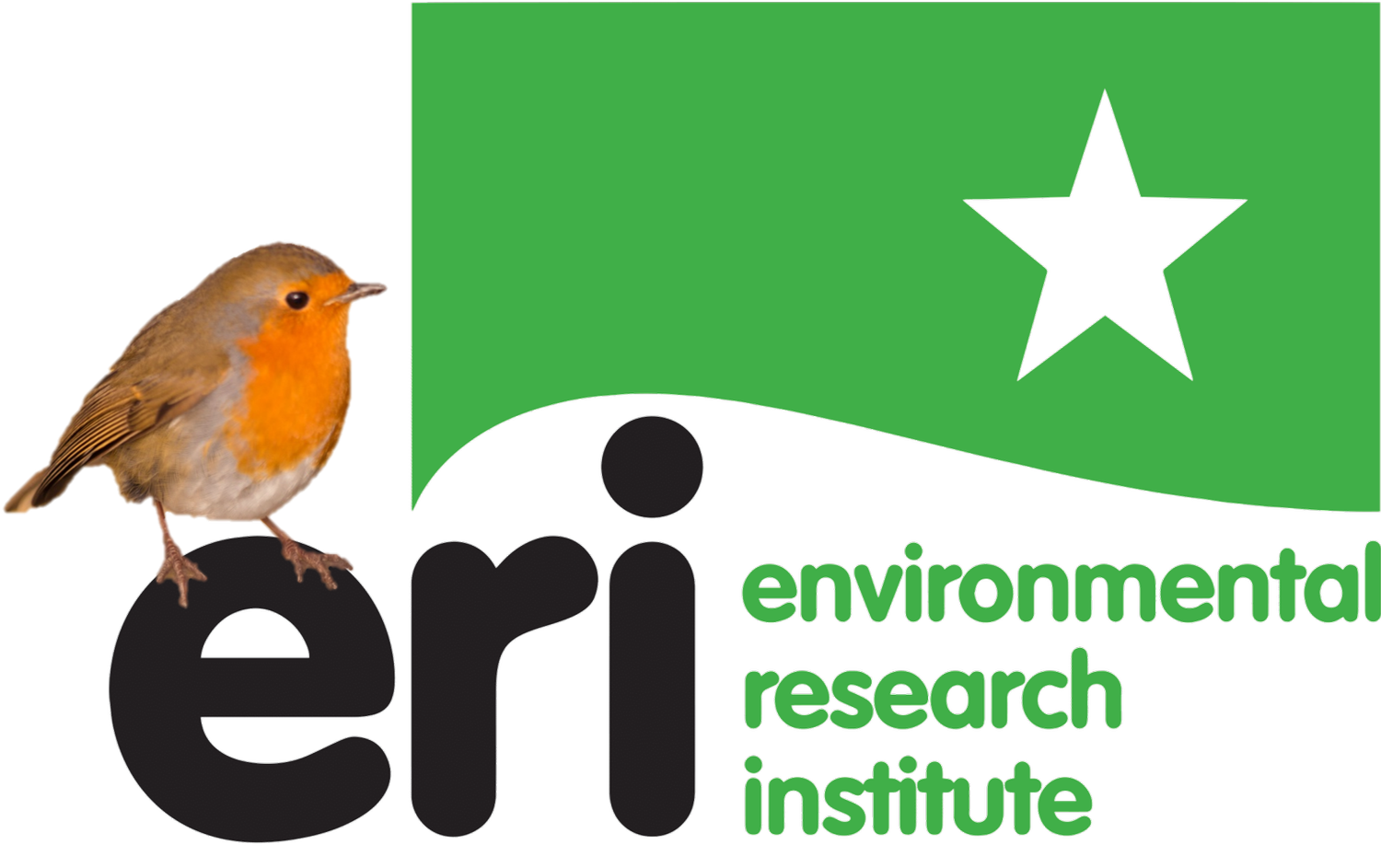Associate
Dr Mark Taggart
Mark is an environmental analytical chemist and ecotoxicologist.I. He has worked as an environmental chemist for >30 years, principally in academia, but also within industry and for the UK Government’s Environment Agency.
He currently works across a broad range of interdisciplinary research topics but tends to focus on:
The fate, behaviour and impacts of pollutants in the environment - especially legacy and emerging contaminants (i.e., metals, agrochemicals, and pharmaceuticals).
Wildlife forensics and toxicology – tracking pollutant exposure, uptake, and effects, particularly with respect to birds and mammals.
Analytical chemistry - new applications, method development, novel techniques and approaches.
Water quality and wastewater treatment – including embedding more sustainable circular approaches and resource recovery within water treatment solutions.
Much of Mark’s research is applied, and often involves looking to identify new environmental risks (i.e., due to pollutants and other stressors) to wildlife and humans – whilst also highlighting practical sustainable solutions to reduce such risks.
-
2013 – present: Senior Research Fellow and Theme Leader (Pollution) – ERI-UHI.
2011 – 13: Research Fellow – ERI-UHI.
2007 – 11: “Juan de la Cierva” Research Fellow – IREC, UCLM, Spain.
2005 – 07: Research and Teaching Fellow – University of Aberdeen.
2000 – 05: PhD Soil Science (Arsenic Biogeochemistry) – University of Aberdeen.
1996 – 2000: Monitoring and Investigations Officer (Environment Agency).
1995 – 96: MSc Geochemistry (with distinction) – University of Leeds.
1994 – 95: Flue Gas Desulphurisation Chemist (National Power and Powergen).
1991 – 94: BSc (Hons) Earth Science and Countryside Management (2:i) – Liverpool John Moores University.
University and external roles:
2014 – 2018: Vice-Chair: UHI’s Marine, Environmental Science and Engineering (MESE) Research Cluster.
2018 – 2022: UHI Marine, Environmental Science and Engineering (MESE) Research Cluster steering group member.
2017 – present: UHI WaterHub KE group steering committee member.
2024 – present: UHI’s OneHealth KE group steering committee member.
2013 – 2019: UHI’s Research Practioners Group member.
2014 – 2022: UHI’s Library Working Group member.
2021 – present: UHI REF2021 Steering Group member.
2013 – present: ERI Management Group member.
2023 – present: UHI NWH Research and Knowledge Exchange Committee.
2013 – present: ERI lead and UHI co-lead on REF UoA7 submissions (REF2014, REF2021, REF2029).
2011 – present: Member of Technical Advisory Committee (TAC) for the “SAVE” (Saving Asia’s Vultures from Extinction) research and conservation consortium (http://www.save-vultures.org/).
2024 – present: Member of UHI Mass Spec facilities steering group.
2022 – present: Editorial Board Member for ‘Toxics’ – Environmental Chemistry Section.
-
Since 2004, Mark has worked on the impacts of non-steroidal anti-inflammatory drugs (NSAIDs), primarily diclofenac, on what are now Critically Endangered Gyps vultures in South Asia. This work has been driven by an active on-going collaboration with the Royal Society for the Protection of Birds, and the SAVE (Saving Asia's Vultures from Extinction) conservation and research consortium, within which ERI-UHI is a partner. See: http://www.save-vultures.org/ and Impact case study: REF 2021.
More recently, Mark has co-led the SHOT-SWITCH project which is monitoring the UK’s proposed ‘voluntary’ transition away from Pb-based shotgun ammunition for game hunting. This is also part of wider research around the risks posed by Pb ammunition (in the UK and Europe) to wildlife and humans. Whether Pb-based ammunition will continue to be used in the UK and Europe for game hunting is currently under active consultation within both the UK (UK REACH) and EU (Lead in shot, bullets and fishing weights - ECHA).
Other current and past projects include:
Phos4You – Phosphate recovery from wastewater (Interreg NW Europe).
BIOMATRIX - Wastewater Remediation using “Floating Ecosystem (FE) Technology”.
UKRI MRC - Developing frameworks for eco-directed sustainable prescribing: Towards reducing environmental pollution from healthcare practices.
GreenShoots – GreenShoots for Blue Growth (with UHI SAMS and SRUC).
STS-CIC Biochar – 2023 Scottish KE Awards – “Innovation Of The Year” winner.
EU COST - Safety in the Game Meat Chain (SafeGameMeat).
EU COST - Beekeeping product valorisation and biomonitoring (BeSafeBeeHoney).
IBioIC - Conversion of sewage sludge into biochar: Wastewater treatment and re-use on land.
Wolson Foundation - Transformational capabilities for health and life sciences - Life Sciences Innovation Centre: A UK-wide collaborative opportunity.
-
PhD students successfully completed:
Manuel Reglero - Food chain transfer of metals from abandoned mines in the Sierra Madrona-Valle de Alcudia area (Spain) to large game.
Andrew French - Linking habitat characteristics with red deer condition in the Scottish Highlands.
Paul Gaffney - The impact of large-scale tree felling for blanket bog restoration on water quality.
David Braidwood - Remediation and restoration of ocean-exposed cliff-top in the context of Dounreay (Scotland) nuclear power plant decommissioning.
Daniel Johnston - Ecology of black guillemots in relation to marine protected areas and marine renewable energy developments.
Yuan Li - Can low cost biosorbent technology be used to efficiently remove steroid hormones and pharmaceutical residues from wastewater effluents?
Uthman Badmus - Seaweed as a value-added product for the food and drink sector.
Magdalena Blanz - Seaweed as food and fodder in the North Atlantic Islands: past, present and future opportunities.
Derek Elsby - Using wildlife to biomonitor for antimicrobial resistance in the Scottish environment.
Lydia Niemi - Assessment of the degradation pathways, persistence and eco-toxicological impacts of human pharmaceuticals in the aquatic environment.
Marta Herrero Villar - Determinants of exposure to veterinary pharmaceuticals in avian scavengers to improve environmental risk assessment.
Current PhD students:
Ilgaz Cakin - Reed bed use within Scotch Whisky distilleries to treat wastewater: A new toolkit to help maximise performance.
Manuel-Thomas Valdivia - Nanomaterials and photonic solutions: Novel ‘at source’ approaches to stop hospital-derived priority substances reaching the sewer network.
Laura Kamp - Assessing the impact of environmental chemicals on seabird development and health.
Anna McWilliam - Innovative brash management to enhance water quality following peatland restoration and forestry operations.
Isabella Jackson - The combined impacts of climate change induced environmental variation (salinity and temperature) and pollutant mixtures on stress response in a typical estuarine species (Mytilus sp).
